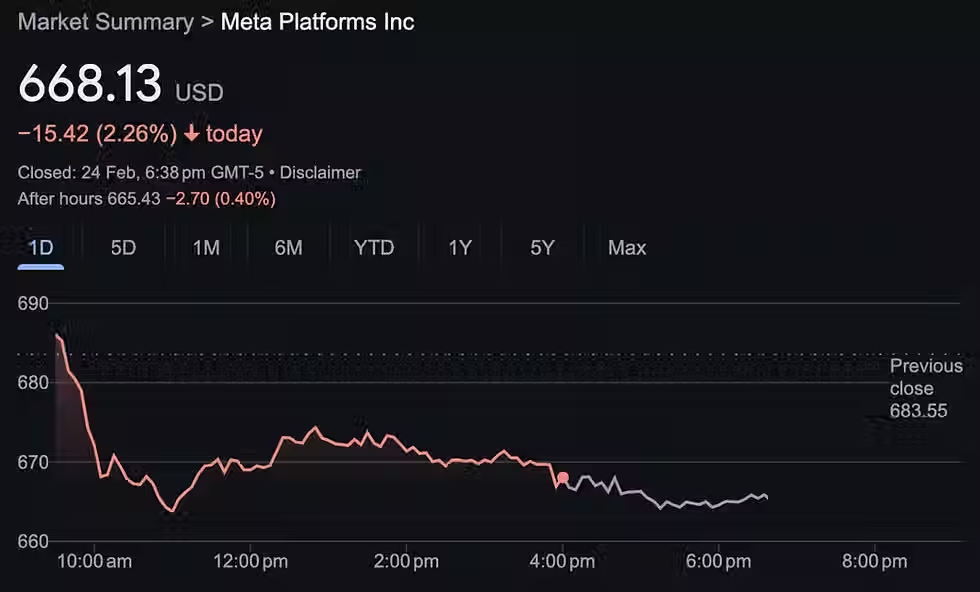What to invest in – individual stocks or a basket of them?
- Andrew Sim

- Jul 24, 2022
- 4 min read
Updated: Jun 20, 2023
There is a question many beginner investors ask. Besides asking, “What strategy should I use?”, another popular question is, “Which stock(s) should I buy?”.

Well, that is a very practical question, isn’t it? But before I start to give some suggestions, I have to caution everyone that regardless of the stocks you buy, DO NOT buy just because your friends/your relative/someone else bought it. Basically, you need to know and believe in what you put your money in.
So here’s some ideas to give you some knowledge on what you can buy:
1) Investing in an individual stock
There are popular terms such as, “Growth” stocks or “Value” stocks out there. But regardless of whatever stock it is, you basically need to have a certain level of personal conviction in those companies – meaning, you got to know what you put your money in AND believe in what you invest. You also need to monitor the business, whether the business is still performing well and making money i.e. monitoring the fundamentals of the company. And then being able to make the decision to buy, hold or sell over time. Yes, over the 10, 20, 30yrs – however long you want to invest!
Benjamin Graham once said: “In the short-run, the market is a voting machine but in the long-run, the market is a weighing machine.”
It means that in the short term, the market “votes” on which companies are popular and sends those stock prices up and down accordingly – purely based on emotions, hype & fear. But in the long term, the market will look at the underlying fundamentals of a company to determine its true weight, or value, and hence the share price.
Sounds like a lot of work? Well, if you don’t put in the work, then maybe you don’t deserve the reward later on. However, if you consistently do the work and get it right, your time and efforts are literally paid off by the enormous gains you will be rewarded with in the future.
Indeed, nothing good comes free and easily, perhaps. But, here’s an easier one.
2) Investing in a basket of stocks
You do not need to pick an individual stock and study the company’s business. You simply buy an entire basket of them!
What does a basket of stocks mean? No prize for guessing, it means many different stocks in one basket. Instead of putting your money in an individual stock, you put your money into an entire “basket” that carries many different stocks, such as an ETF (exchange traded fund). A very popular ETF is the SPY. It tracks the performance of the S&P 500 index, which contains 500 largest listed companies in the US, based on market capitalization.
Buying into SPY instantly diversifies your money into 500 different companies so your downside risk is a lot smaller compared to investing in individual companies. You also do not need to do as much “homework” compared to studying individual businesses as the S&P 500 index gets rebalanced up to four times a year.
“In my view, for most people, the best thing is to do is owning the S&P 500 index fund,” said Warren Buffett in the shareholder meeting on May 2020.
This is definitely for people who do not have the time and knowledge to study individual company’s performance. However, your long term gains may not be as good as investing in individual stocks.
Here’s a 5-yr stock price comparison of SPY (in blue) vs Microsoft (MSFT) (in purple).

Conclusion
Regardless whether it is investing in an individual stock or a basket of shares, you need to first understand what style suits you. That is because, investing is a long term process (you’re talking about 10, 20, 30yrs long!), and you will definitely need to keep at it for that long period of time.
Well, that is a very practical question, isn’t it? But before I start to give some suggestions, I have to caution everyone that regardless of the stocks you buy, do n buy just because your friends/your relative/someone else bought it. Basically, you need to know and believe in what you put your money in. t of shares?
That is something you decide on. Hopefully this article helped shed some light for you!
Join Our BOS Community
In the Buffett Online School, we believe in learning the right investing mindset and system, so we can start cultivating emotional detachment and grow our wealth safely and substantially in the long run.
By joining the Buffett Online School community, you and your friends will have access to a wealth of educational resources, expert insights, and a vibrant network of learners. This will help you and your loved ones further enhance your investment skills and emotional stability, thereby improving your portfolio returns.
Our next 2-day BOS MBA Value Investing Online Bootcamp is happening soon! We will teach you how to use Warren Buffett's proven investing method to maximize your portfolio in a safe way.

Even if you have attended before, you will still gain additional new insights and exclusive community support specifically for this upcoming bootcamp!
And the best part is, it is FREE!
Additionally, our BOS community offers exclusive rewards and recognition for each person you invite, making your journey with us even more rewarding. You will take away resources like:
- Gone Fishing With Buffett ebook to understand Buffett’s investing insights (worth $17)
- Financial Freedom Calculator to plan out your own retirement portfolio (worth $47)
- Warren Buffett’s Portfolio Watchlist to peek into his recent trades (worth $97)
- ETF online course to learn to generate consistent 10% every year (worth $297)
Remember, you have the choice to cultivate the right investing mindset and unlock your potential to build wealth through intelligent investing. Together, we can create a network of educated investors who make informed decisions and contribute to their financial well-being! Join the BOS Community Today!
In the meantime, feel free to check out some of our blog posts to continue your learning. You can also join our BOS Telegram channel for more investing insights.




Comments